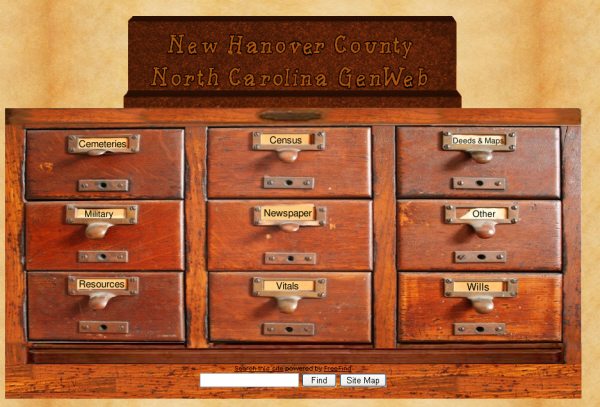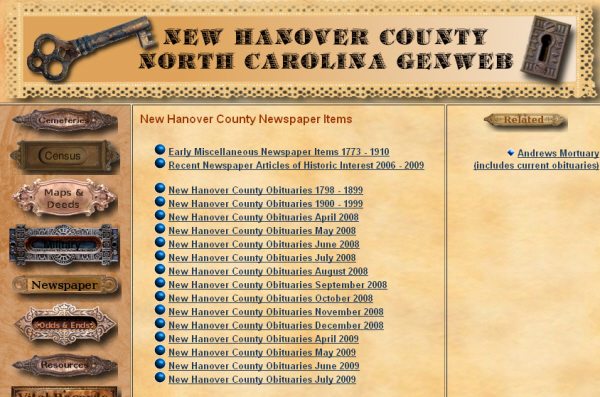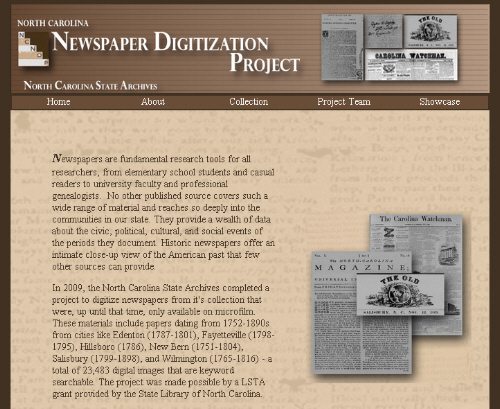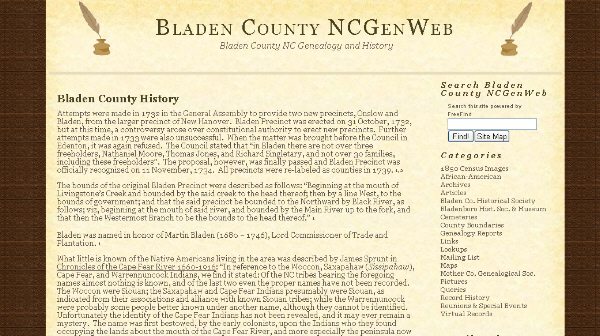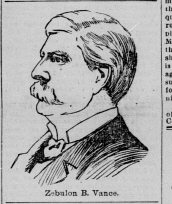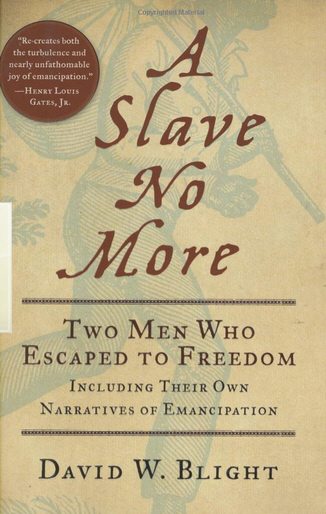In the Dec/Jan 2010 issue of Internet Genealogy, one of the websites reviewed was the New York Times online interactive map that shows immigration patterns in the United States from 1880-2000, their Immigration Explorer.
It is an interesting site to explore; you can zoom down to the individual county level for any state and see the percentage of residents that are foreign-born. This snapshot of Wake county, where our state capital Raleigh lies, shows that in 1880, of the 48, 203 residents, only 245 (0.5%) were foreign born with the largest group of immigrants from Western Europe.

In 1930, there were 95,206 residents with 449 residents foreign-born (0.47%). Western Europe is still reflective of the largest group, but the numbers are not as high as in 1880.

In 1970, there were 233,444 residents with 4,991 foreign-born (2.13%) but now the largest group of immigrants are of Asian/Middle Eastern descent.

In 2000, we see another shift in Wake County. Of 687,918 residents 60,072 (8.7%) were foreign-born and now the largest group is from Latin America.

It’s interesting to explore how the make-up of each of the counties. Check out your county of interest and see what you learn. While this does not add data to our research at the individual level, it does help to set a perspective on the ethnic compositions of our counties.




